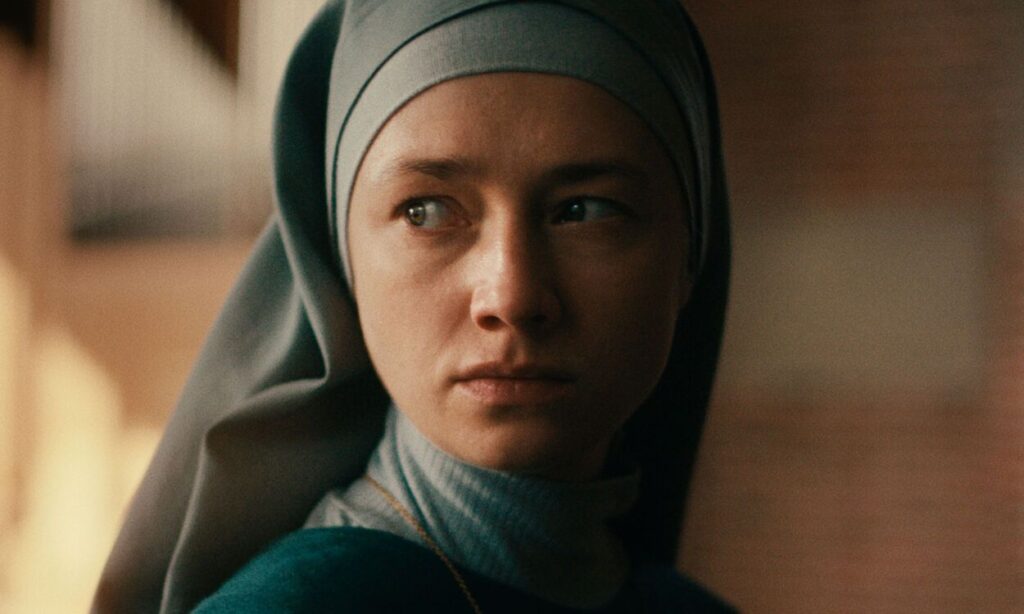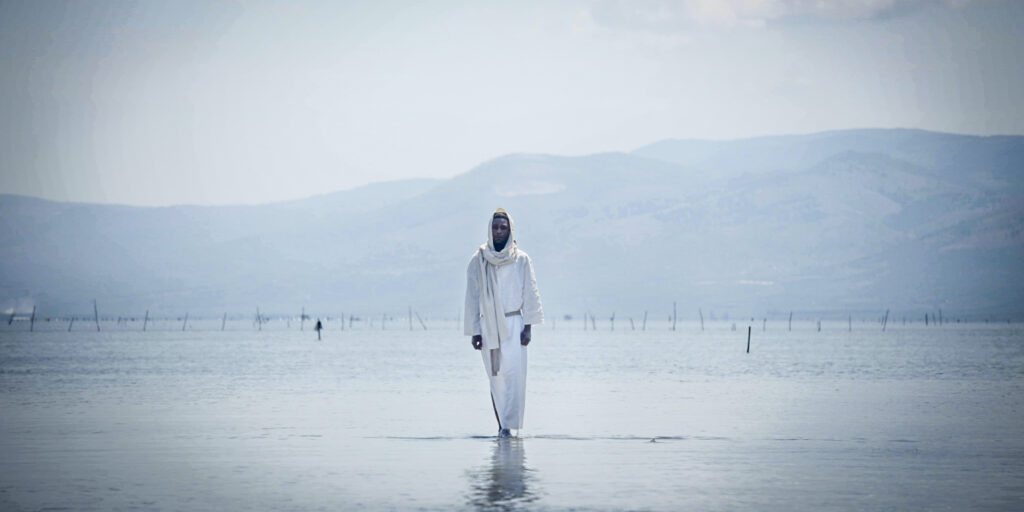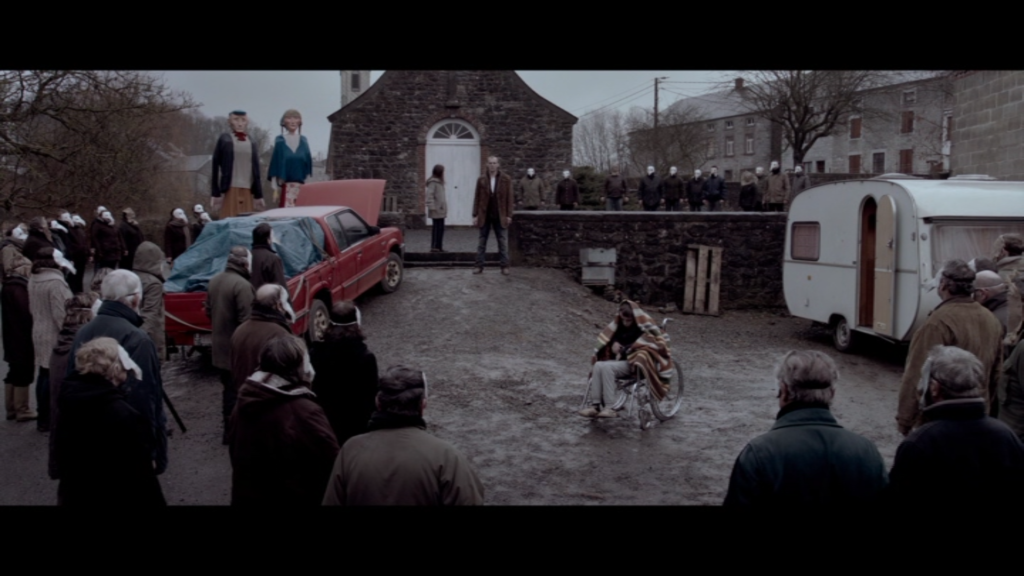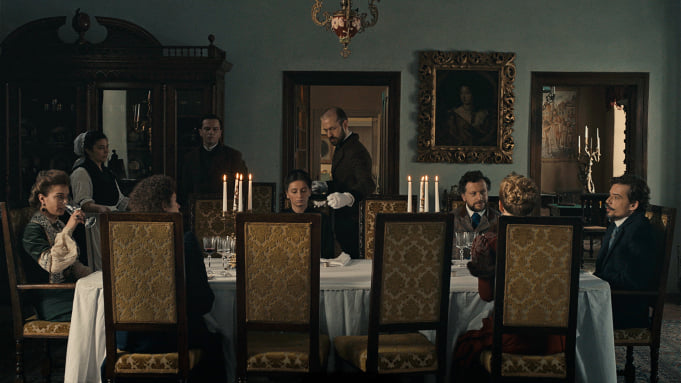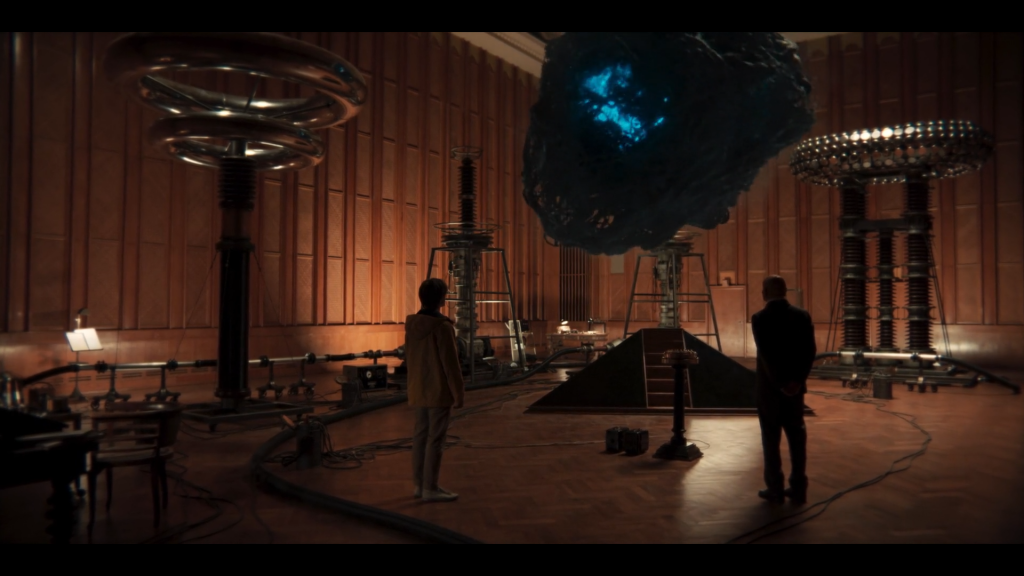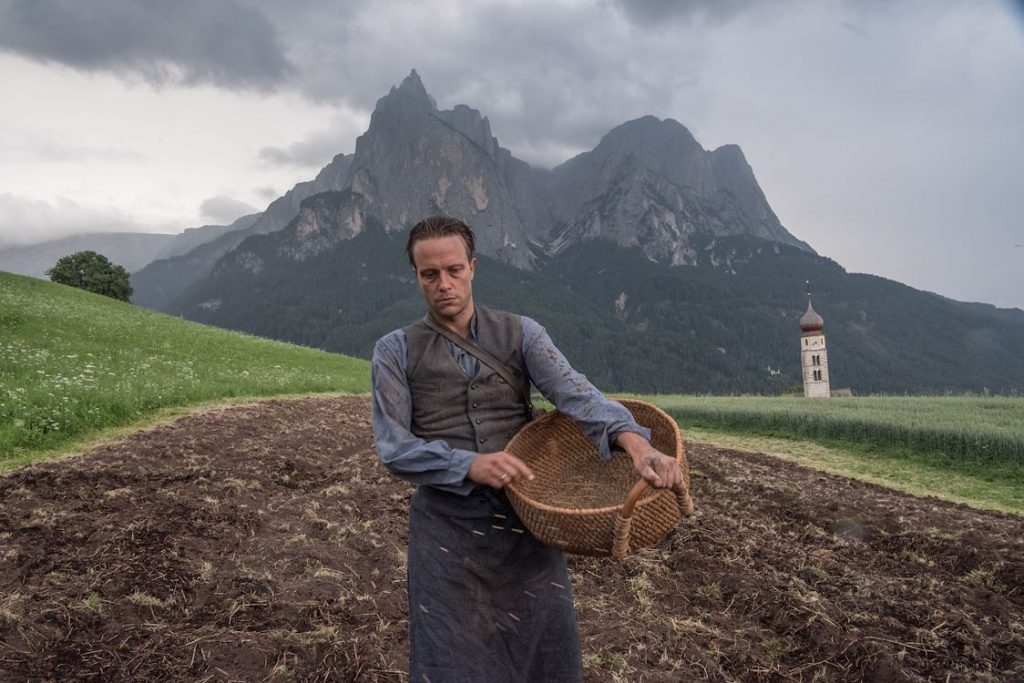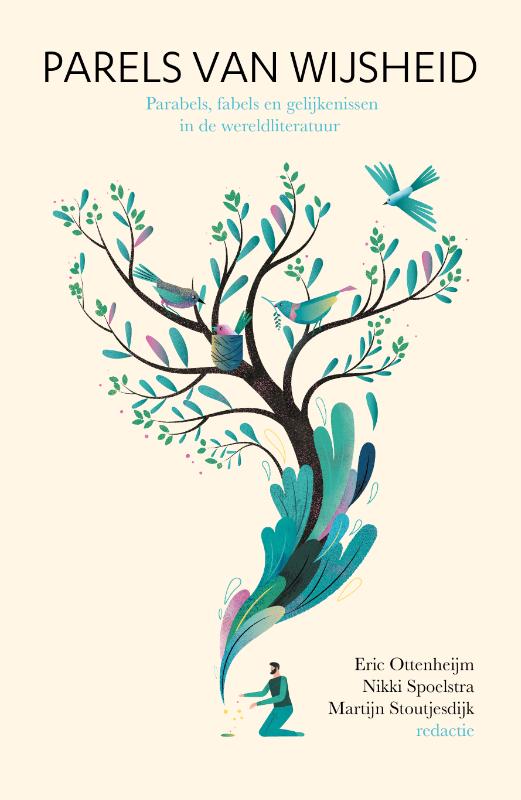
In juni 2024 wordt door uitgeverij Adveniat het boek Parels van Wijsheid uitgegeven. De omvangrijke bundel, die bijdrages van veel verschillende auteurs bevat, gaat over parabels en hun doorwerking in verschillende historische periodes en tekstuele tradities. Ik ben trots dat een artikel van mijn hand in de bundel is opgenomen. Het gaat om “Ome Winter heeft geoordeeld’: La Cinquième Saison (2012) als filmische parabel”, een artikel dat ik in eerste instantie schreef voor de website van het Parabelproject.
Lees verder Hoofdstukpublicatie over parabel en film in “Parels van Wijsheid”
